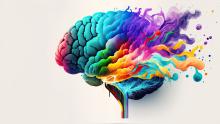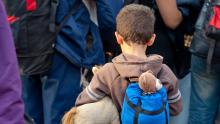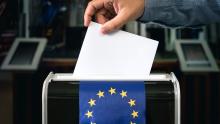An app-based test for detecting synaesthesia in children

Synaesthesia, a neurological condition associated with anxiety disorders and autism, is difficult to identify in children. The EU-funded SYN-TOOLKIT project developed a new method to gather evidence of this perceptual phenomenon. The research has led to the development of a diagnostic smartphone app that could help these individuals access support.









